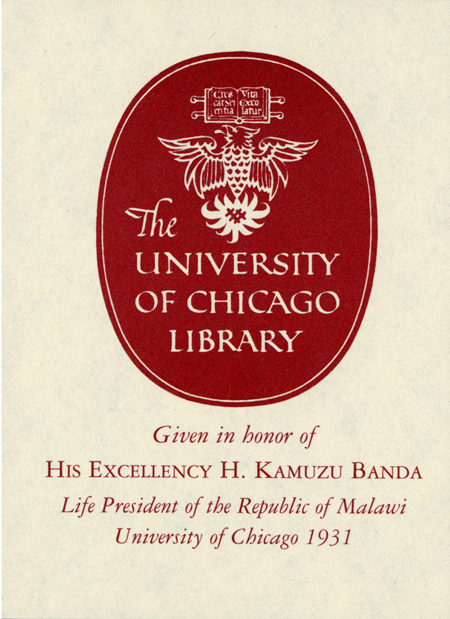Review by Choice Review
Rahman (Univ. of Michigan, Dearborn) offers a retort to certain "inaccurate, biased" accounts of Kwame Nkrumah's life and work. Initial chapters analyze Nkrumah's education at the Achimota School in Britain's Gold Coast Colony and Lincoln Univ. in Pennsylvania; his understanding of Ghana's indigenous occult/metaphysical beliefs; and the strength of his own "mystical" Akan personality. Nkrumah lived in Harlem, was greatly influenced by Father Divine and W. E. B. Du Bois, and constructed "a mythic Afrotopian past where a noble pre-colonial people lived in African socialist societies on a par with any nation in Europe." From this came his plan for a Union of Socialist African States, which helped Nkrumah become the "epic hero"/leader of Ghana's independence from Britain in 1957. His Neocolonialism: The Last Stage of Imperialism (CH, Oct'66) alarmed the vehemently anticommunist US government, which, with "CIA rent-a-crowds," plotted his overthrow. This took place in 1966, when generals on the National Liberation Council, advised by US ambassador and fellow Lincoln graduate Franklin Williams, seized power. Nkrumah took refuge in Guinea. Pan-Africanism was defeated, but Ghanaians still have fond memories of their "Osagyefo," who "devoted his life to redeeming Ghana and all of Africa." Summing Up: Highly recommended. All levels/libraries. W. W. Reinhardt Randolph-Macon College
Copyright American Library Association, used with permission.
Review by Choice Review

